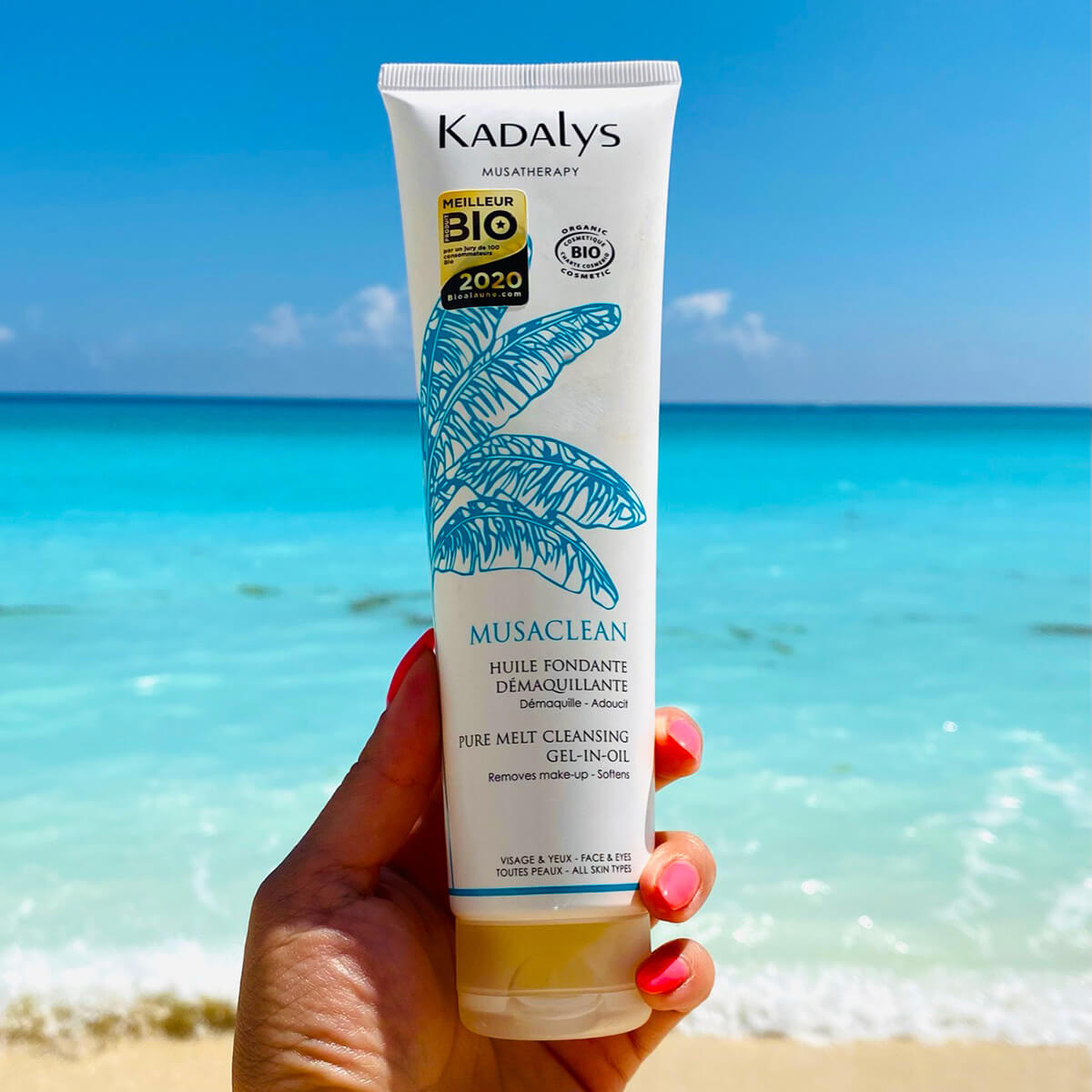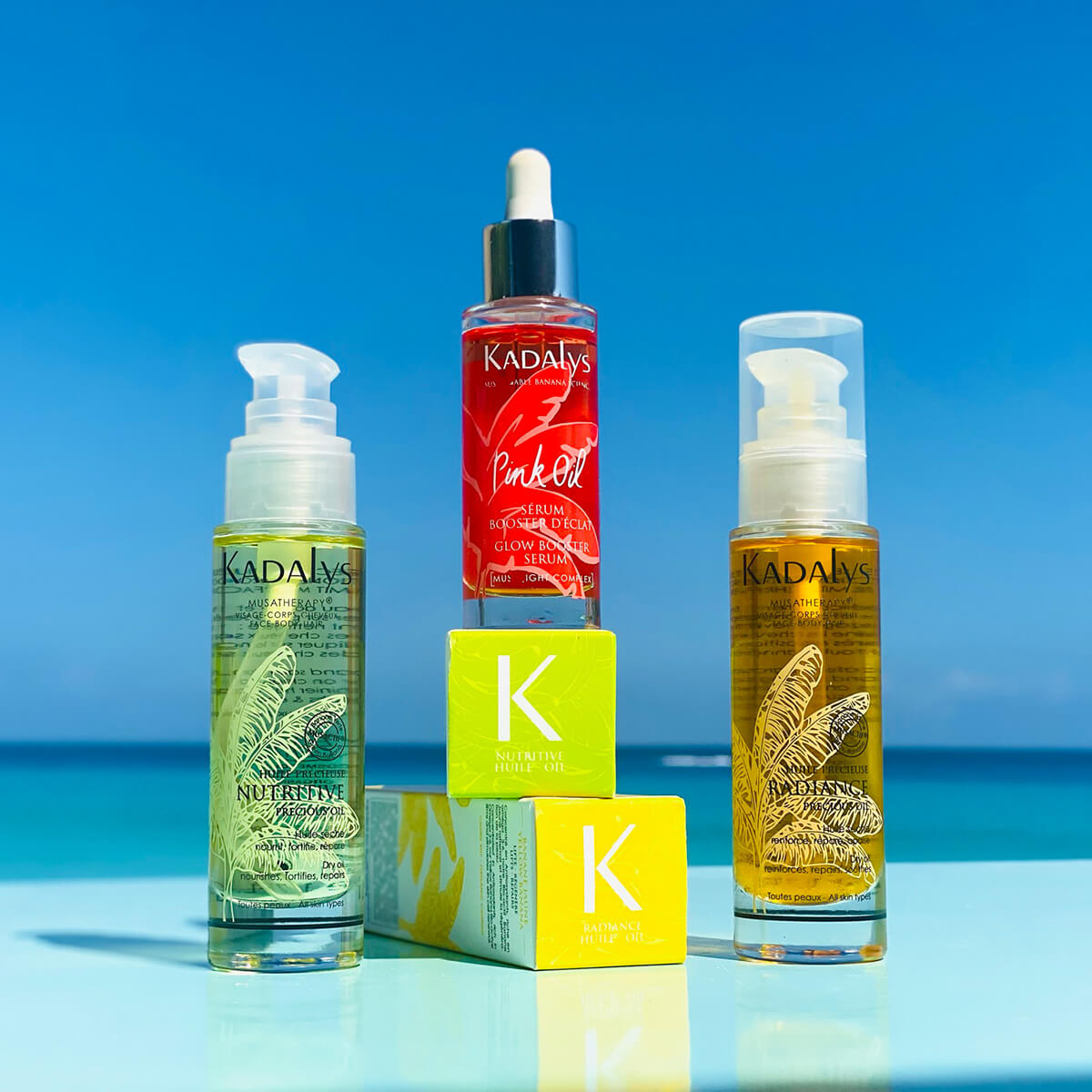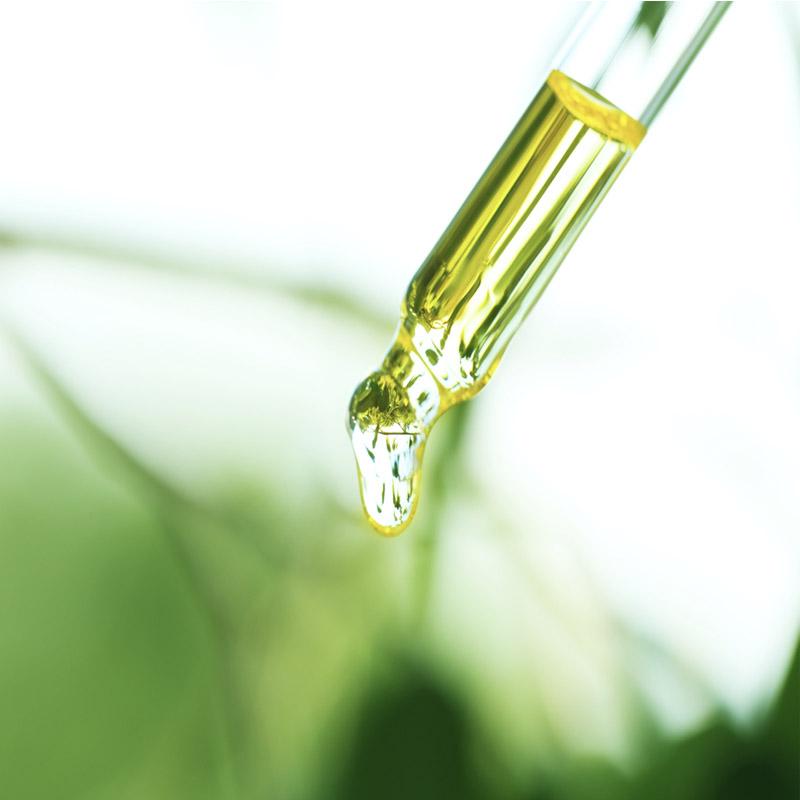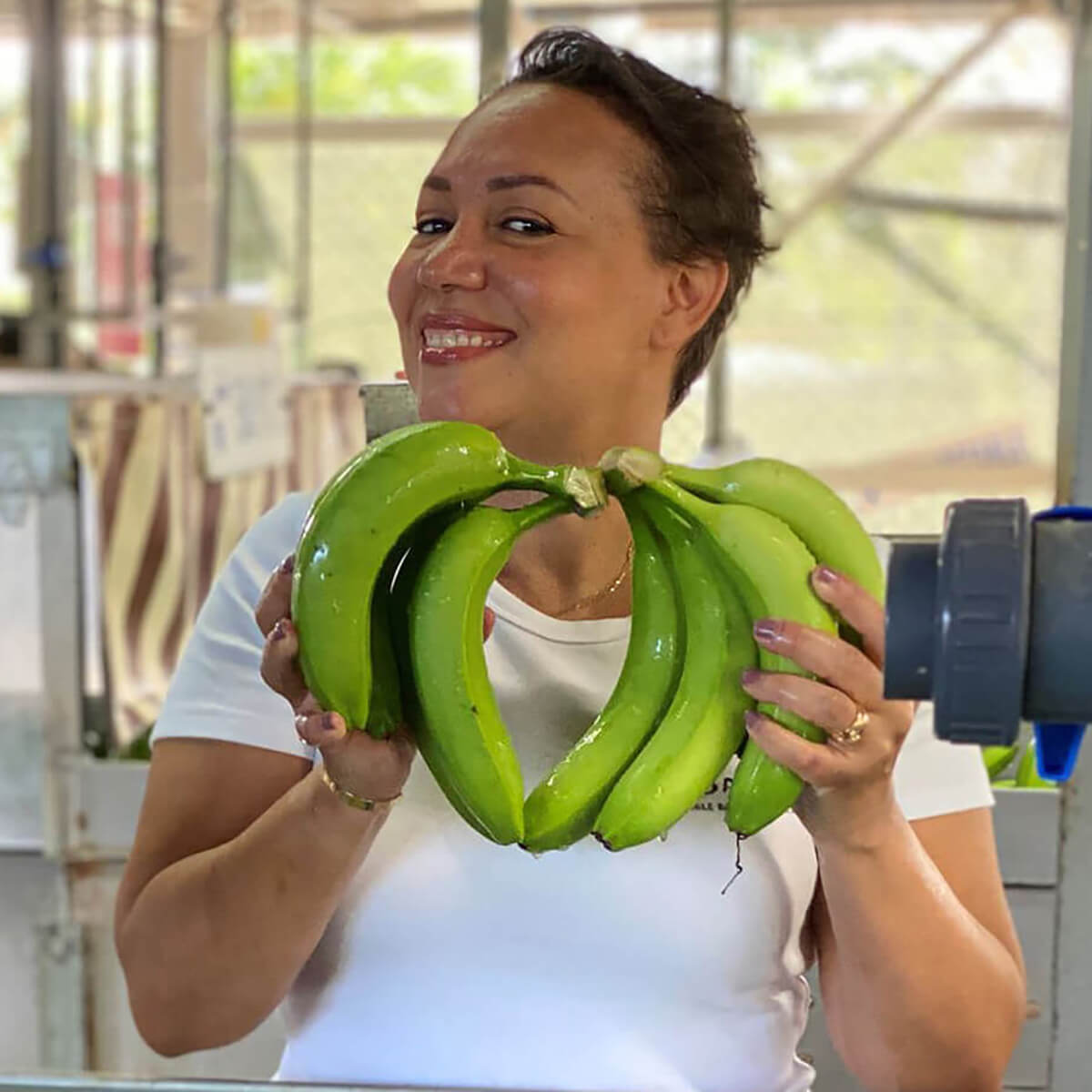
How to protect skin from blue light damage
Do you ever feel like you're addicted to your phone? Like you can't put it down, no matter what? You're not alone. A recent study showed that Americans check their phones an average of 344 times per day (once every 4 minutes).
With all this digital device time, questions are being raised about the amount of blue light these screens are emitting. Is blue light bad? What are the short and long-term effects of exposure, and what should you do to minimize them?
Keep reading to find out if this is something about which you need to go bananas.
What is blue light & its benefits?
Blue light is one of the colors on the visible light spectrum, as defined by Isaac Newton in 1672. It has the shortest wavelength and the highest energy. One-third of the visible light spectrum is considered "high energy visible light" (HEV) or "blue."
Artificial sources include fluorescent lamps (which are now being replaced by CFLs), LEDs, flat-screen LED televisions, computers monitors, smartphones, and tablet screens, all of which emit blue light.
If you're like most people, you experience a lot of blue light exposure throughout the day, thanks to the ubiquitous presence of so many digital devices in daily life.
Blue light has many benefits to your overall health. Some of these benefits include boosting alertness, helping memory and cognitive function, and elevating mood.
Sunlight is also essential for the growth and development of the eyes and vision in children. In fact, inadequate exposure to blue light can contribute to the recent increase in myopia or nearsightedness.
What is the potential impact?
The good news is that blue-light emitted from screens is small compared to the amount of exposure from the sun. However, we don't yet know about the long-term effects of screen exposure, especially with excessive device time and when a screen is too close to the eyes (hello eye strain).

Still it makes sense to be aware of your blue light exposure in the same way you are aware of how much time you spend in the sun.
Prolonged exposure to blue light could damage retinal cells and cause vision problems. Additionally, exposure to high energy visible light can also disrupt sleep patterns because it affects when our bodies create melatonin.
What are the effects of blue light exposure on skin?
Most people are aware that sleep is important for overall health, but few realize the importance of sleep for the skin. During your waking hours, your skin is exposed to environmental stressors like sun damage and pollution. These stressors can harm skin cells and lead to inflammation.
At night, the skin's natural nighttime repair process goes into overdrive, working to repair the damage and promote cell renewal. Studies have shown that sleep deprivation can interfere with this process, leading to premature skin aging and a decrease in skin elasticity. For these reasons, it is essential to ensure your screen habits are not affecting your beauty sleep and creating potential skin harm.
Additionally, emerging learning in recent years suggests that exposure to HEV light can be harmful to the skin because it can penetrate deeper into the dermis where collagen and elastin are located. These are the proteins that keep your skin looking young and healthy.
Studies have also shown that blue light also increases oxidative pressure on the skin, causing irritations and free radical generation. Free radicals are unstable molecules that can damage the skin barrier, leading to skin inflammation and premature aging.
Oxidative free radicals also cause skin cells to develop enzymes that break down collagen and elastin. Over time, blue light can cause skin damage and visible signs of photo aging such as wrinkles, skin discoloration, and acne.
There are several ways to protect the skin from free radical and blue light damage. Topical antioxidants can neutralize free radicals and help to repair the skin's barrier. Sunscreen and blue light protection are also essential for protecting the skin from further light damage.
Do you need blue light protection?
Given there are open questions about the degree to which blue light damages skin, the jury is still out on whether blue light blockers are necessary for everyone.
To determine your needs, pay attention to how your eyes feel. Talk to your eye doctor if your vision is blurry or your eyes feel dry and tired.
Take note of your sleep habits to understand whether your device usage might interfere with your ability to fall asleep and get some quality ZZZs.
And if you're particularly concerned about the damaging effects of phone and tv screens on your skin, talk to your dermatologist. Dermatologists recommend adding a blue light screen shield into your skin care routine if:
- You work on a computer all-day
- You use your phone or other electronic devices frequently
- You have blue light sensitivity
- You are concerned about the long-term effects of blue light exposure on your skin.
What you can do to protect your skin
Since blue light is everywhere—including sunlight—it can be hard to avoid it altogether. There are a few things you can do to minimize the adverse effects of blue light on the skin:
1. Reduce screen time as much as possible. Try setting an alarm that reminds you to turn off your devices 2 to 3 hours before bedtime.
2. Use a light filter or app that minimize or disables blue light emission.
3. Adjust the brightness on your phone: experiment with dimming or "night mode" to reduce the blue light emissions from your devices.
4. Wear sunglasses that block blue light and protect against harmful uv rays when you're outside in the sun or or in a bright environment. And to protect from both UVA and UVB rays, use a sunscreen that contains zinc oxide or titanium dioxide when you're outdoors, especially during the mid day sun.

5. Wear blue light-blocking reading glasses when using your devices, especially in the evening, to minimize the effect on your natural circadian rhythm.
6. Use products that filter or help protect against blue light damage, such as the Kadalys Blue Defense Cream. Safe for every skin type, it's rich in green banana bio-actives, Vitamin E, and powerful antioxidants.
The net takeaway
Blue light blockers are available in many forms, from sunglasses to skin care products, so it's easy to find the lifestyle solutions that are right for you. And while we can't wholly avoid blue light, using a blue light blocker as part of your skin care routine may help reduce the amount of exposure to your skin.
So pay attention to your device time and take steps to care for your health. Your eyes and your skin will thank you!
SHOP THE BLUE DEFENSE CREAM





